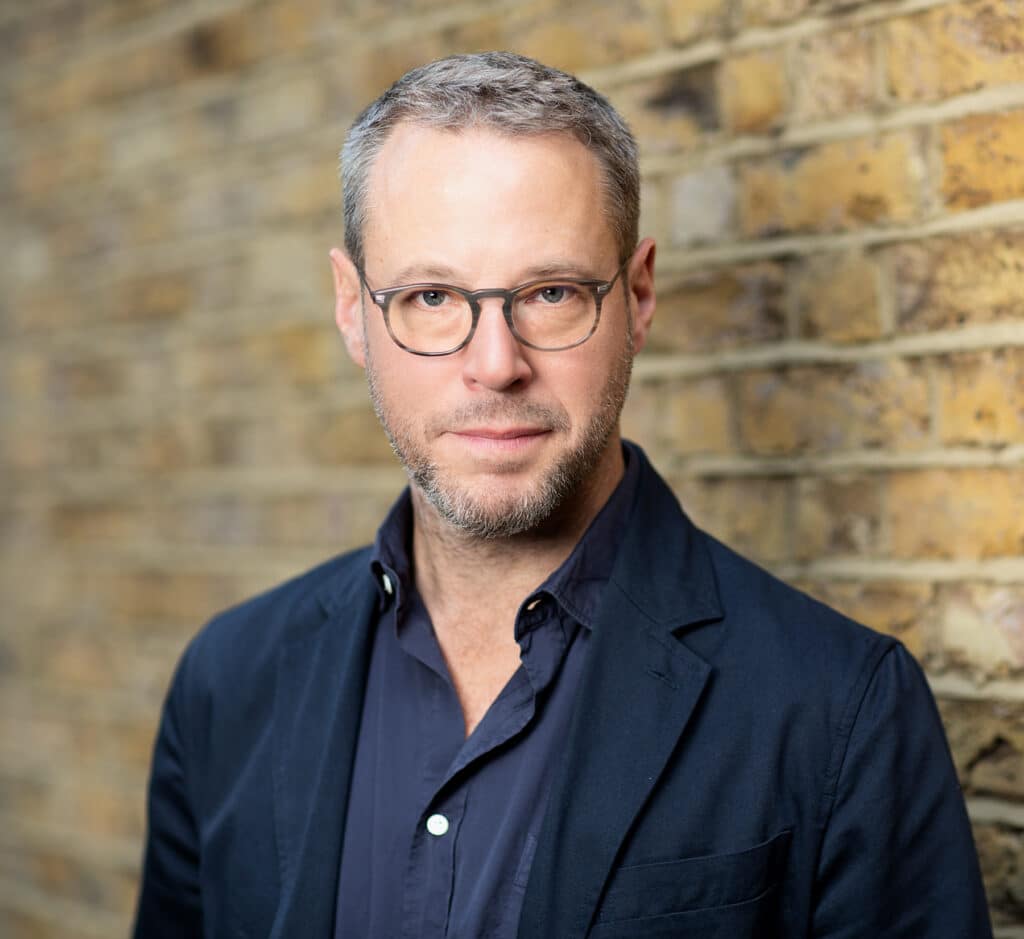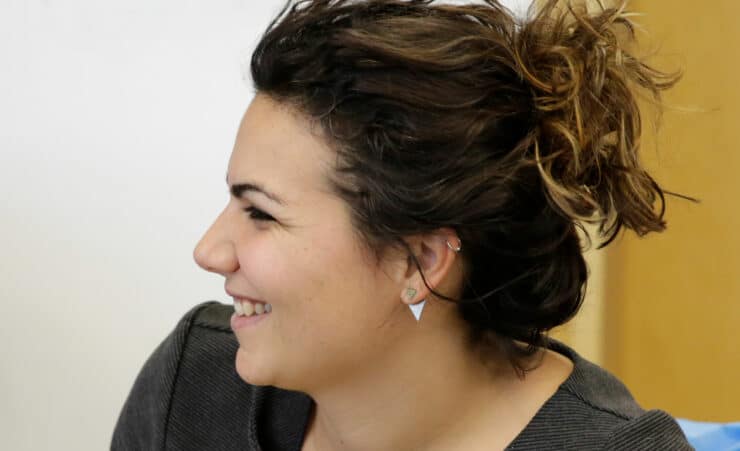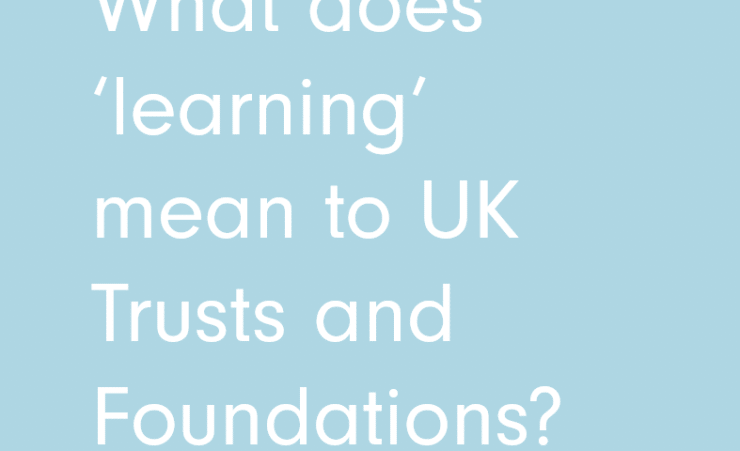
Joined at the hip: Why you can’t make good grants without investing in learning
At IVAR, we have long championed learning as a driving force for foundation strategy and practice. By ‘learning’, we mean ‘not monitoring, not impact assessment, not log frames, not descriptive reports, but proper focused consideration of truly mission-critical questions – about both strategy and practice – which lead to action’.
This discipline has never been more essential. In the face of rising need and existential threat to many sectors and services, the decision that each foundation makes about how best to use its relative financial stability has never felt more important. And to be the best that they can be, foundations need to be thoughtful and reflective. Which is why learning is critical: balancing data with intuition; combining evidence with instinct.
So, when we hear of foundations talking about the ‘choice’ to be made between making a grant or investing in learning, the alarm bells ring. For, in our experience of working with evaluation and learning staff through the Evaluation Roundtable Community of Practice, they are providing deep and important insights. Their voices are essential.
Here are four things they have shared, that help make sense of what we are all facing: ‘an ongoing event with no clear exit point’.
-
‘“This is what we know now” is the most we can claim’
The pressure to find the right answer to ‘What next?’ is acute, not least because of the funding cliff edge facing many grantees. Set alongside this, though, is complexity and a series of unknowns. Although this is an extreme situation, social change interventions of all kinds are characterised by uncertain pathways within constantly changing contexts. Now and for the future, decision makers need to respect the complexity – to look, listen and pay attention – and avoid rushing to simple solutions too quickly: ‘the time for plans will come’.
Foundation leaders can support this iterative approach through the offer of spaces for thinking, reflection and sense-making, and opportunities to share ideas and insights so that they can be used to inform the complex choices and decisions we all face: ‘This is far from over. We need to allow time to step back, be patient and reflect’.
-
‘This is what we are picking up so far, so this is what we can do – what do you think?’
In the current crisis, evaluation and learning staff will offer best value if they are able to be agile and opportunistic, working with decision makers in a dynamic pattern of review cycles, making adjustments and improvements as they go, on a much shorter timeframe than would be normal within a three to five year strategy. Many foundations struggle to achieve the right balance between performance and accountability requirements, and the tolerance for flexibility and uncertainty that enables organisations to learn and change. Therefore, learning staff need explicit permission, encouragement and support if they are to present the kind of ‘work in progress’ intelligence that will enable foundations to retain the agility and responsiveness so many have shown in this crisis, for the longer term. Not least because there is no straight recovery line out of the current situation: as far as the eye can see, there is uncertainty and unpredictability.
-
‘Monitoring and evaluation information and other sources of data can only take us so far: it’s folly to expect to fully comprehend everything that is happening right now’
Covid-19 has exposed the fallacy of certainty. Like never before, it is apparent that we live in a complex and uncertain world. Our knowledge of it and our ability to predict it can only ever be partial. Evaluation and learning staff have a critical role to play in helping to steer their foundations away from the risk of becoming passive observers, content to gather and evaluate more data, and endlessly strategise, in the expectation that they will commit funding only once they can knowingly, with enough certainty, make a difference. Gathering and analysing information may provide some assurance that strategic and grant-making decisions are judicious, but these efforts are inevitably imperfect set against real-world complexity: ‘The challenges before us are immense. And funders need to make decisions and contribute now’.
-
‘Let go of impact’
Evaluation and learning staff have begun to reflect that fretting less about measuring or judging the impact of a grant has liberated grant-making: ‘We’ve just got to let it go on the impact front and talk about the importance of the work. Our questions need to be forward looking: “What’s being revealed?”, “What do we want to keep?”. And not “Did it work?” or “Was it value for money?”.’
And they are leading the way with framing powerful questions about how to deliver most value, both now and for the longer term: ‘The question is “what can we do better”, not “what is the right answer”. Then we can try out multiple ‘better’ things quickly and back the ones that work.’
Just like the organisations they support, funders are staring at an uncertain and volatile future. Some of the tools they conventionally use to support priority setting and decision-making feel slow, cumbersome and a poor fit to purpose. Whereas some of the behaviours and insights of learning staff are highly relevant, useful and usable. Making good grants and investing in learning are not alternatives – they go hand in hand. Learning is not an add on, it’s integral and essential.


